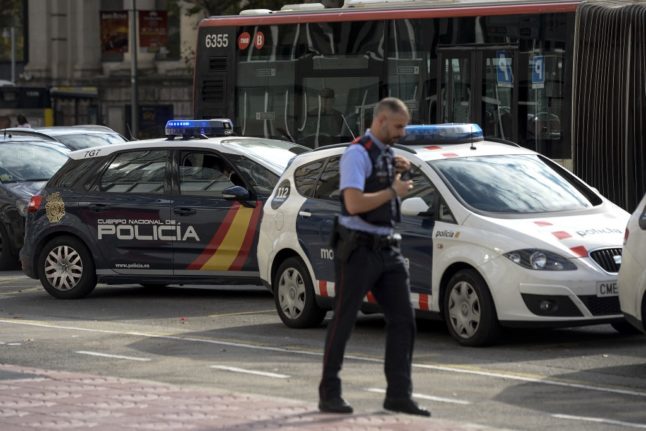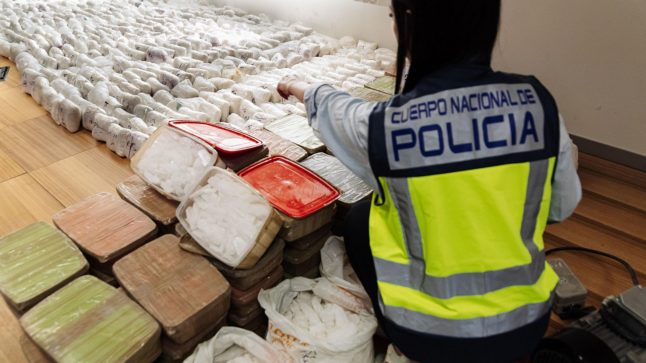The investigation, jointly run with the tax office, Europol and Interpol, uncovered a system that granted the operators access to match information before the bookmakers, allowing them to place bets with certainty, a police statement said.
The criminals gained access to “live video signals from around the world, straight from stadiums, pitches and arenas” which gave them a clear advantage over bookmakers who “were dependent on slower satellite feeds and relays for the same events”, an Interpol statement said.
The system was used to place bets on matches in the Asian and South American football leagues, UEFA Nations League, the Bundesliga, the Qatar 2022 World Cup and the ATP and ITF tennis tournaments.
Police arrested 23 people, most of them in Spain.
Among them was one of the group’s leaders as well as a trader from a major bookmaker who worked with the network to validate online bets they placed.
The gang used the identities of third parties to lay bets and collect the winnings so as not to arouse suspicion.
The inquiry began in 2020 when police noticed a series of suspicious online bets on international table tennis events that were linked to a Romanian and Bulgarian criminal network working in Spain.
They also engaged in “fixing matches outside of Spain by corrupting athletes. Once the outcomes were agreed, crime group members based in Spain would then place online bets on a massive scale”, Interpol said.



 Please whitelist us to continue reading.
Please whitelist us to continue reading.
Member comments